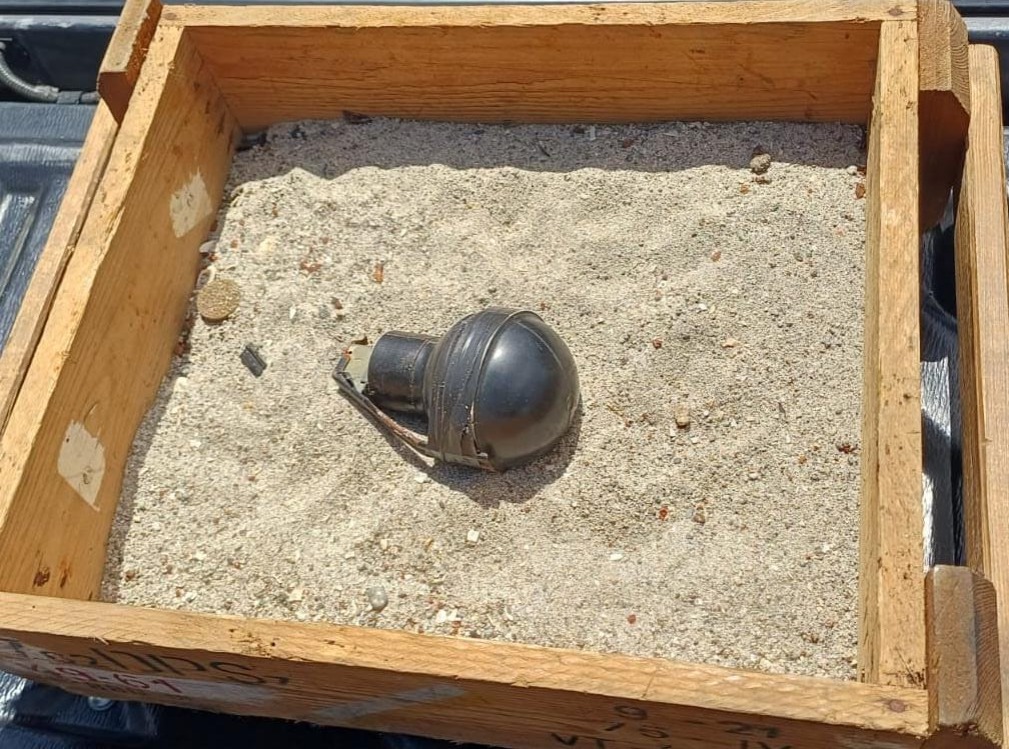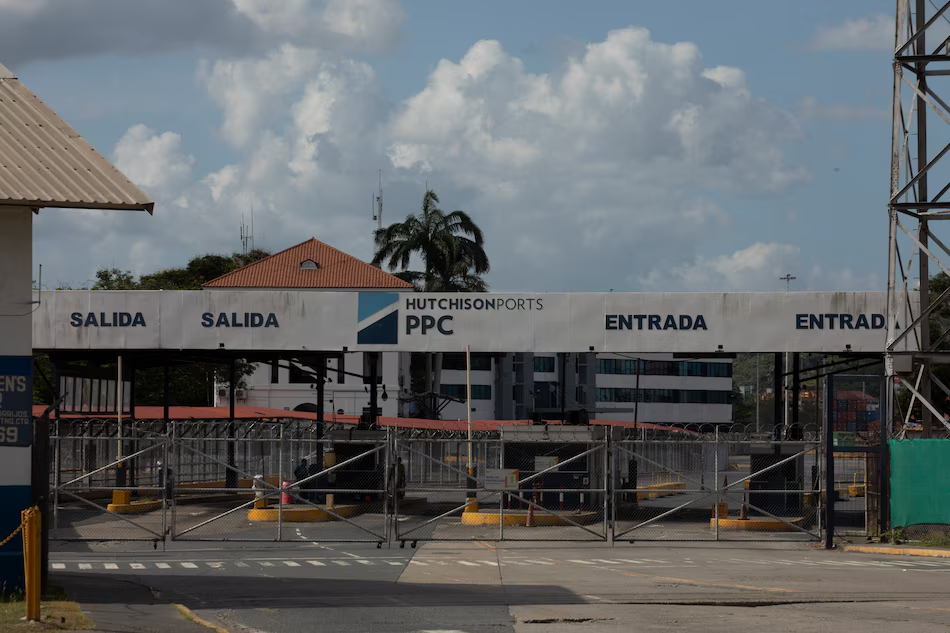WHAT THE PAPERS SAY: A tsunami of hype or smart politics?

Your damned if you do and your damned if you don’t. When Katrina hit George W. Bush "didn’t" and got lambasted. Barack Obama and Michael Bloomberg “did”, when Hurricane Irene headed for the Atlantic coast, and are being castigated by some as political opportunists.
Certainly if you were watching American TV channels on the weekend you might have thought that the Day of Judgment was on hand for sinful New Yorkers, as the media hype built, and you could feel the disappointment of some reporters as after the damp squib, they demonstrated on a board walk, that for an hour or two water had come ankle high, like a regular rainy season day on Panama’s streets.
Says the First Post
New York Mayor Michael Bloomberg has been busy defending his decision to order the evacuation of 370,000 New Yorkers after Hurricane Irene turned out to be a bit of a flop, at least as far as 'the city never sleeps' is concerned, while TV reporters are still wondering whatever became of the story they were expecting to unfold on their own doorsteps.
On the eastern seaboard, 21 people died as roofs blew off and trees fell in coastal towns. But apart from some flooding, New York City escaped relatively unscathed, and many subway stations were due to reopen in time for New Yorkers to return to work today.
Was it all a media storm? Toby Harnden in the Daily Telegraph says there was "almost palpable disappointment among the TV big guns" when Irene was downgraded to a mere tropical storm.
"The truth is that the dire warning beforehand suited both politicians and journalists," says Harnden. For the media, it was a huge story because the hurricane happened – or threatened to happen – where they live.
For politicians, it was a chance to either make amends or appear in control. "With his poll ratings plummeting, Obama needed to project an aura of seriousness and command". Irene gave him the perfect opportunity and he came rushing back to Washington from his holiday on Martha's Vineyard to make the most of it.
Howard Kurtz for the Daily Beast goes a step further, calling it a "tsunami" of hype. "Someone has to say it: cable news was utterly swept away by the notion that Irene would turn out to be Armageddon." Kurtz quotes a Bloomberg correspondent tweeting: "Cable news is scaring the crap out of me, and I WORK in cable news".
The coverage was driven by ratings, Kurtz argues. "Every producer knew that to abandon the coverage even briefly—say, to cover the continued fighting in Libya—was to risk driving viewers elsewhere. "
No one died in New York City. The New York Times reports that, among New Yorkers, Irene is likely to be remembered "more for what did not happen than for what did… Windows in skyscrapers did not shatter. Subway tunnels did not flood. Power was not shut off pre-emptively. The water grid did not burst. There were no reported fatalities in the five boroughs…
"Still, when the centre of the storm arrived over New York City, about 9 a.m., winds had reached 65 miles per hour, making Irene the largest storm to hit the city in more than 25 years, even as the bulk of the storm's power was reserved for the suburbs."
The paper appeared to give Mayor Bloomberg the benefit of the doubt, quoted him as saying on Sunday afternoon: "All in all, we are in pretty good shape because of the exhaustive steps I think we took to prepare for whatever came our way."
Give the politicians a break. It is left to an editorial in the London Times to point out how difficult it is for politicians to get it right in times of danger.
"It's the old story. Did we need to scare a generation of young people off sex with all those warnings about an Aids epidemic? Would anything have crashed had we not squashed the millennium bug? Why didn't avian flu escape the birdcages of Bangkok? We cannot now untake the measure we took and find out.
"George Bush thought Katrina a little local problem and look what happened."





